Sports economics is understood as the economic science that studies and develops aspects such as business, production, and consumption in the field of sports. In other words, sports economics means viewing sports from an economic perspective.
What is the state of sports economics in different countries?
Sports economics views sports not merely as an activity for training, entertainment, or competition to achieve success, but also as a means of creating both material and spiritual value. The concept of sports economics has emerged in many countries around the world, especially in developed sports nations such as the United States, China, Japan, South Korea, France, Germany, and the United Kingdom, due to the immense value that sports bring in terms of profit, political standing, infrastructure, and tourism promotion.

The "That's My Vietnam" running event attracted over 21,000 participants, contributing to the promotion of the country's tourism.
PHOTO: BTC
The 2008 Beijing Olympics brought China a profit of 1 billion yuan (equivalent to 3.186 trillion VND, at the exchange rate 17 years ago). But above all, it gave China a new position on the global sports map, along with a widespread sports movement, creating a network of talent and a professional sports system that has helped the world's most populous country consistently win top prizes at the Olympic Games. Similarly, the 2022 World Cup elevated Qatar's status, with billions of dollars poured into organizing the event, creating a spectacular "explosion" that stimulated investment from global powers.
Researchers are no longer unfamiliar with the hundreds of millions, even billions of USD, generated and circulated from top-tier sports leagues around the world, such as the English Premier League, the American professional basketball league, and American football. In powerful nations, sports are not merely about competition, but also a powerful entertainment industry, attracting the attention of millions of fans. Sports thrive on the "nourishment" of the public and businesses, operating on the principles of the market and serving societal needs. A robust sports economic system must be based on a prerequisite: sports must generate its own revenue to sustain and upgrade itself.
Vietnam needs to socialize sports.
In Vietnam, the idea of monetizing sports has only been discussed and researched in the last 15-20 years, and is still in its nascent stages of development. Vietnamese sports are divided into two groups: high-performance sports (for professional athletes) and mass sports. Each group carries a different responsibility. High-performance sports, or professional sports, are responsible for training athletes to compete in domestic and international competitions. For a long time, high-performance sports have relied primarily on state budget funding.
However, from 2020 to the present, the Vietnam Sports Department estimates that the budget allocated to sports is only about 950-1,000 billion VND per year. Vietnam currently invests in around 40 sports, with over 10,000 athletes. On average, each athlete receives less than 100 million VND per year (approximately 8.3 million VND per month). This is a very small amount. 8.3 million VND is only enough to cover monthly salaries; it's insufficient to ensure proper nutrition, let alone training and international competitions. For example, badminton player Nguyen Tien Minh previously paid out of pocket to compete in tournaments abroad, similar to his successors Nguyen Thuy Linh and Le Duc Phat currently. Ly Hoang Nam and Nguyen Hoang Thien, both talented tennis players, also face the situation of having to cover many expenses themselves because the budget is insufficient.
In the draft decree replacing Government Decree 152/2018 dated November 7, 2018, drafted and reviewed by the Vietnam Sports Department under the direction of the Ministry of Culture, Sports and Tourism, it states: "The State encourages organizations, units, and individuals to mobilize other legitimate funding sources to supplement support and encourage coaches and athletes during training and competition periods." These other funding sources are understood to be money from businesses and sponsors. This is the path to developing the sports economy. Socializing sports, meaning opening the way for private businesses and individuals to invest instead of relying solely on the state budget, is essential for Vietnamese sports to truly take off.
Why hasn't Vietnam's sports economy developed? Why can't sports generate enough revenue to sustain itself, and still depend on the state budget? Expert Doan Minh Xuong analyzes: "For a long time, Vietnamese sports have focused on 'training elite athletes' in a centralized model to achieve results. For many years, some sports have lacked a professional training and competition system, relying instead on a closed, subsidized model managed by state levels. This is an outdated model that fails to mobilize social resources and create the appeal to the public for revenue generation. Only with professional operation, thorough socialization, and the joint efforts of large corporations and businesses to generate revenue (instead of relying solely on the state budget) will the economic landscape of Vietnamese sports change."
In other words, only when sports are operated according to the law of supply and demand—that is, providing products and services to sell to the public in order to generate revenue to "support" the sport itself—will the sports economy have a place to thrive.
Currently, sports such as football, athletics (running), billiards, pickleball, basketball, and eSports are experiencing strong growth in event organization, with tournaments funded by businesses, generating billions of dong in profits. Sports have begun to be "softened," no longer focusing solely on dry achievements, but becoming entertainment products to serve societal needs.
However, these are only the first tentative steps towards creating a nascent sports economy in Vietnam. (to be continued)
Source: https://thanhnien.vn/kinh-te-the-thao-o-viet-nam-mo-vang-bi-bo-quen-kiem-tien-tu-quy-luat-cung-cau-185250831212922613.htm




![[Image] Close-up of the newly discovered "sacred road" at My Son Sanctuary](/_next/image?url=https%3A%2F%2Fvphoto.vietnam.vn%2Fthumb%2F1200x675%2Fvietnam%2Fresource%2FIMAGE%2F2025%2F12%2F13%2F1765587881240_ndo_br_ms5-jpg.webp&w=3840&q=75)








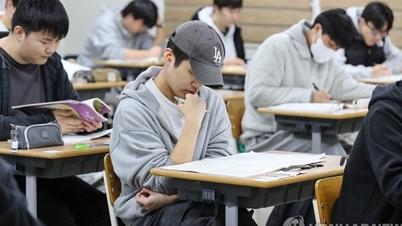


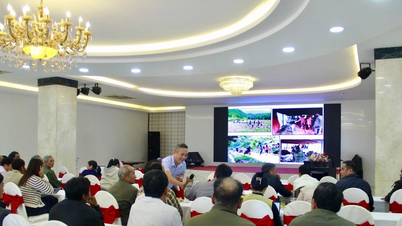

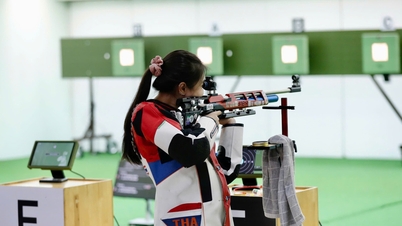
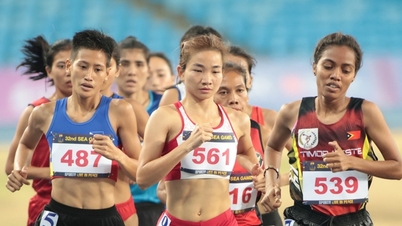


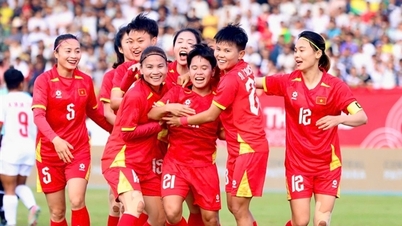

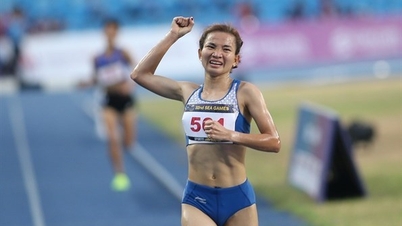

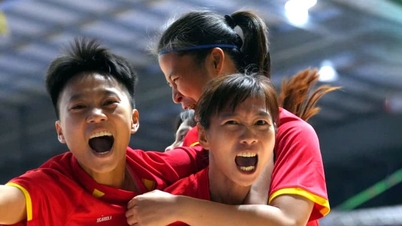








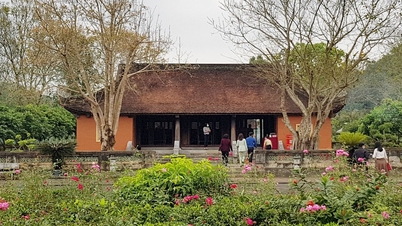
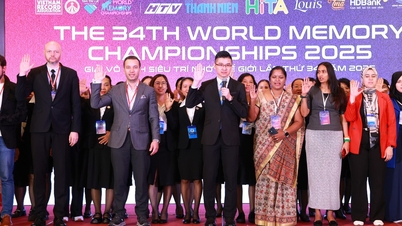






































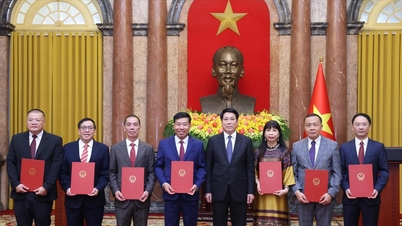

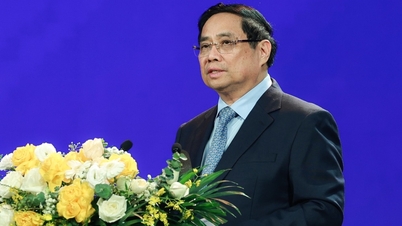















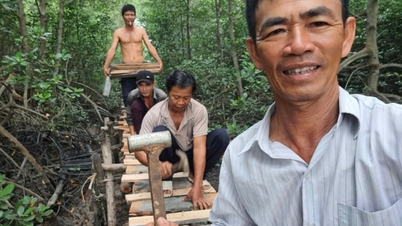

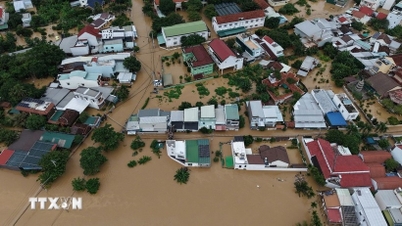
















Comment (0)